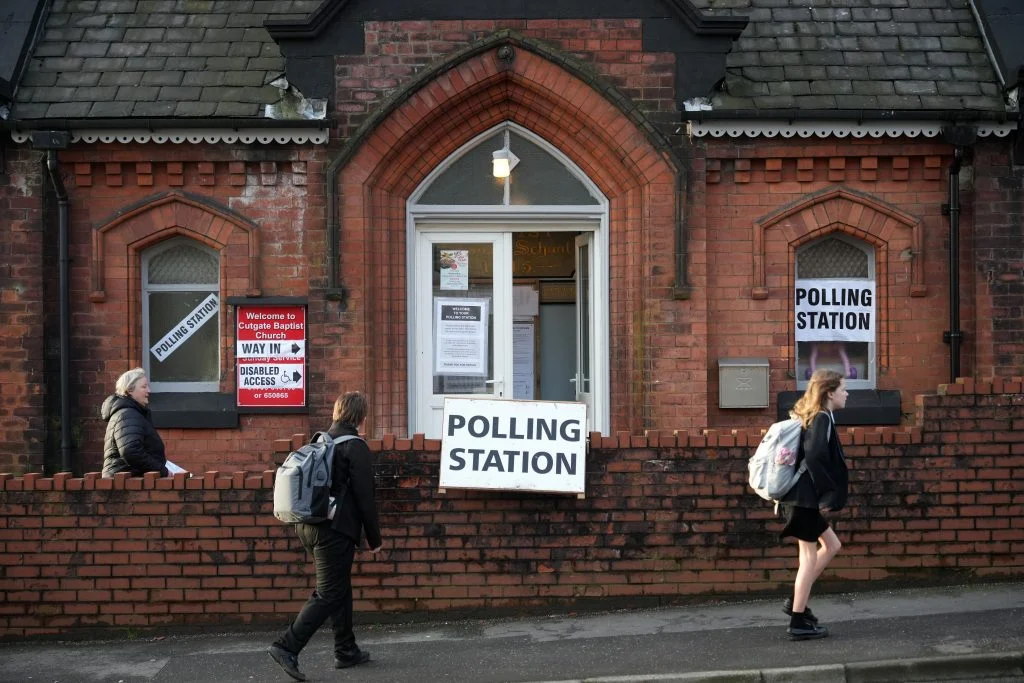In an unprecedented move to encourage young people to participate in democratic processes, the UK government has declared that it will reduce the voting age to 16. This ruling is a component of the Labour government’s larger electoral reform package. The government wants to guarantee a more involved and representative electorate by empowering younger people.
Youth organisations and activists have praised the reform, arguing that 16 and 17-year-olds should have a say in how their futures are shaped because they are already impacted by political decisions. The initiative by the Labour Party has been presented as an attempt to revitalise and modernise the political system in the United Kingdom.
However, detractors question whether the shift could result in political polarisation and caution that young voters might not be fully prepared to make informed decisions. Notwithstanding these reservations, the government is optimistic that this reform will boost long-term political engagement and increase voter turnout, especially among younger generations.
The move is part of a wider push for electoral modernization, which also includes plans to reform the House of Lords and improve voting accessibility. By lowering the voting age, the Labour government hopes to inspire a new era of civic participation, ensuring that younger generations have a seat at the table in shaping the nation’s future.




